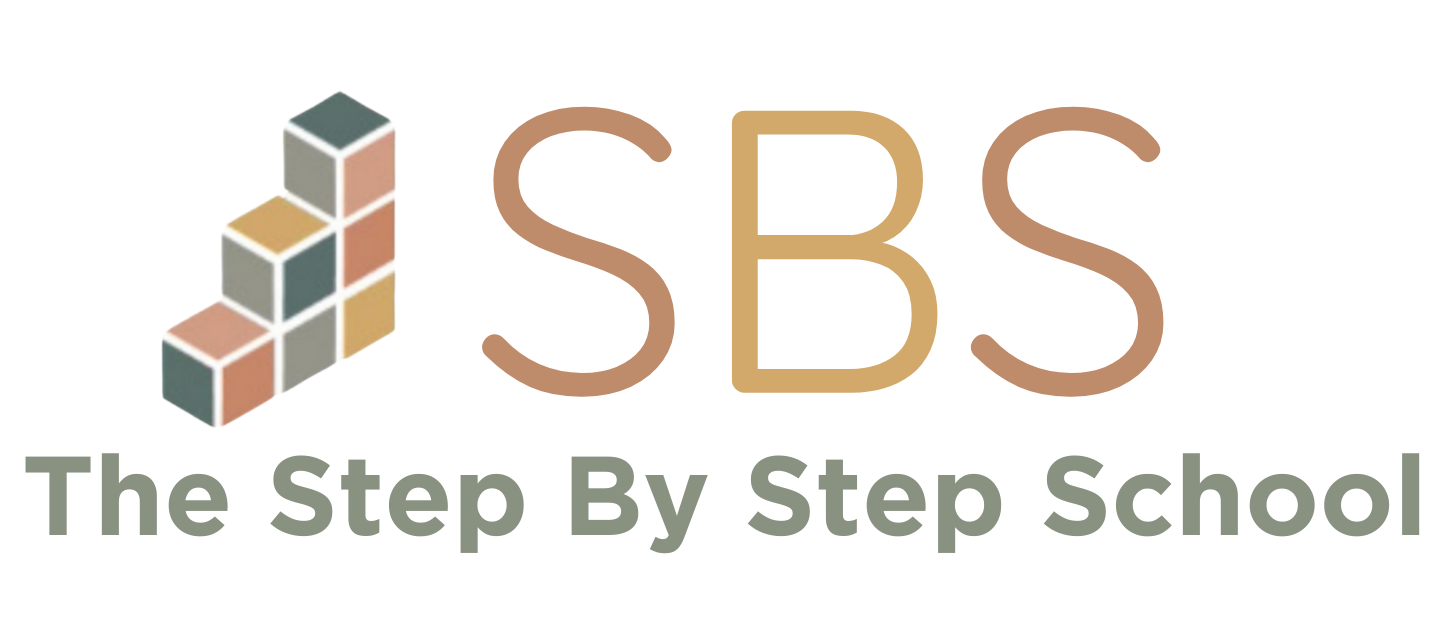Choosing the right daycare is more than just finding a place to watch your child while you work. It’s about providing your child with a strong foundation for learning, growth, and lifelong success. Early childhood education offered in a quality daycare setting can make a lasting impact — especially when it’s delivered with care, structure, and love.
At The Step by Step School, we understand how important these early years are. That’s why we’re committed to creating safe, nurturing environments where children thrive — whether you’re located in Hudson, Monroe, or anywhere in between.
In this post, we’ll share the key benefits of early childhood education in a daycare setting, explain what to look for in a quality program, and help you make the right decision for your little one.
Building a Strong Educational Foundation
Early childhood is a critical time for brain development. According to Zero to Three, 90% of a child’s brain develops before the age of five. A structured daycare program can turn everyday activities into meaningful learning experiences.
In quality daycare centers, children are introduced to basic academic concepts through play. Counting games, storytelling, songs, and art activities all help build essential skills. They learn not just letters and numbers — but how to solve problems, follow directions, and focus on tasks.
This kind of environment lays the groundwork for a successful transition into preschool and kindergarten. And the earlier children engage in learning, the better their outcomes later in life.
H2: How Daycare Boosts Social and Emotional Development
One of the biggest benefits of daycare is the chance to socialize. Children who attend daycare regularly interact with peers, helping them develop important emotional and communication skills. They learn how to share, take turns, express themselves, and handle conflict — all in a supervised and guided environment.
This is especially valuable for toddlers who may not have regular contact with other kids outside the home. In areas like Hudson and Monroe, where many families look for balanced work-life solutions, daycare becomes a vital tool in teaching kids how to build friendships and confidence.
Trained caregivers and teachers also provide emotional support, helping children feel safe, understood, and encouraged every step of the way.
Encouraging Routine and Structure
Children thrive on routine. A well-structured daycare environment introduces them to predictable schedules — from arrival and snack time to naps and playtime. This consistency helps toddlers feel secure and better manage transitions.
Routine also teaches responsibility and independence. Kids begin to understand expectations and learn to do things on their own — like washing hands before meals or cleaning up toys after playtime.
In Hudson and Monroe, many local daycare programs design their daily schedules around the developmental needs of children, ensuring balance between learning, rest, and active time.
Language and Communication Growth
Daycare isn’t just about playing — it’s a language-rich environment. Children are constantly exposed to new vocabulary through storytelling, songs, interactions with teachers, and conversations with peers.
This exposure dramatically boosts language development. Studies by the National Institute of Child Health and Human Development (NICHD) show that children in quality daycare programs tend to have better language and cognitive skills than those who do not attend.
For bilingual households in Monroe or Hudson, daycare can be especially helpful in strengthening English language skills while also respecting and incorporating cultural diversity.
Encouraging Physical Development and Health
Physical activity is built into every high-quality daycare day. Children enjoy outdoor play, guided movement activities, and hands-on exploration — all of which support motor skills and physical health.
Daycare also helps introduce good habits early. Kids learn about hygiene, nutrition, and self-care through structured routines and healthy snack programs.
Many Hudson and Monroe daycare centers offer play-based programs that focus on gross and fine motor development, helping your child grow strong, coordinated, and confident.
Parental Peace of Mind
Knowing your child is in a safe, nurturing, and enriching environment brings immense relief. Quality daycare centers keep parents updated on their child’s progress through daily reports, photos, and parent-teacher meetings.
This regular feedback helps you stay involved in your child’s development. And for working parents in Hudson and Monroe, it allows you to focus on your job while feeling confident about your child’s well-being.
What to Look for in a Quality Daycare
Not all daycares are created equal. Here are some key qualities to seek:
-
Licensed and accredited programs
-
Low teacher-to-child ratios
-
Experienced and caring staff
-
Clean, safe facilities
-
Age-appropriate curriculum
-
Strong parent communication
If you’re considering daycare in Hudson or Monroe, schedule a visit, talk to other parents, and observe how the staff interacts with children. Your instincts — along with clear research — will guide you to the right choice.
Conclusion: Invest in Their Future, One Daycare Day at a Time
The early years matter — a lot. Quality daycare offers far more than babysitting. It nurtures young minds, builds social skills, encourages curiosity, and sets the stage for lifelong learning.
At The Step by Step School, we take pride in helping children across Hudson and Monroe learn, play, and grow in a supportive environment. If you’re exploring options for your child, we invite you to come see what makes our program truly special.
👉 Schedule a tour or contact us today to give your child the best start possible.
FAQs
1. What age should my child start daycare?
Most children begin daycare between 12 and 36 months. Every child is different, but many families in Hudson and Monroe find success with starting around 18 months to build social and developmental skills early.
2. How can I tell if a daycare is high quality?
Look for licensing, positive parent reviews, structured routines, and low child-to-teacher ratios. A good daycare will also have a clear educational approach and safe facilities.
3. Does daycare help with early learning?
Yes. Quality daycare settings offer structured early childhood education, which boosts language, math, and problem-solving skills. They also support emotional and social development.
4. What’s the difference between daycare and preschool?
Daycare generally offers care and learning for children from infants through toddlers, often year-round. Preschools usually start at age 3 and follow a school-year calendar. Some centers combine both services.
5. Are there bilingual daycare options in Hudson and Monroe?
Yes! Many daycare programs in Hudson and Monroe recognize the importance of bilingual development and include dual-language activities to support families from diverse backgrounds.









